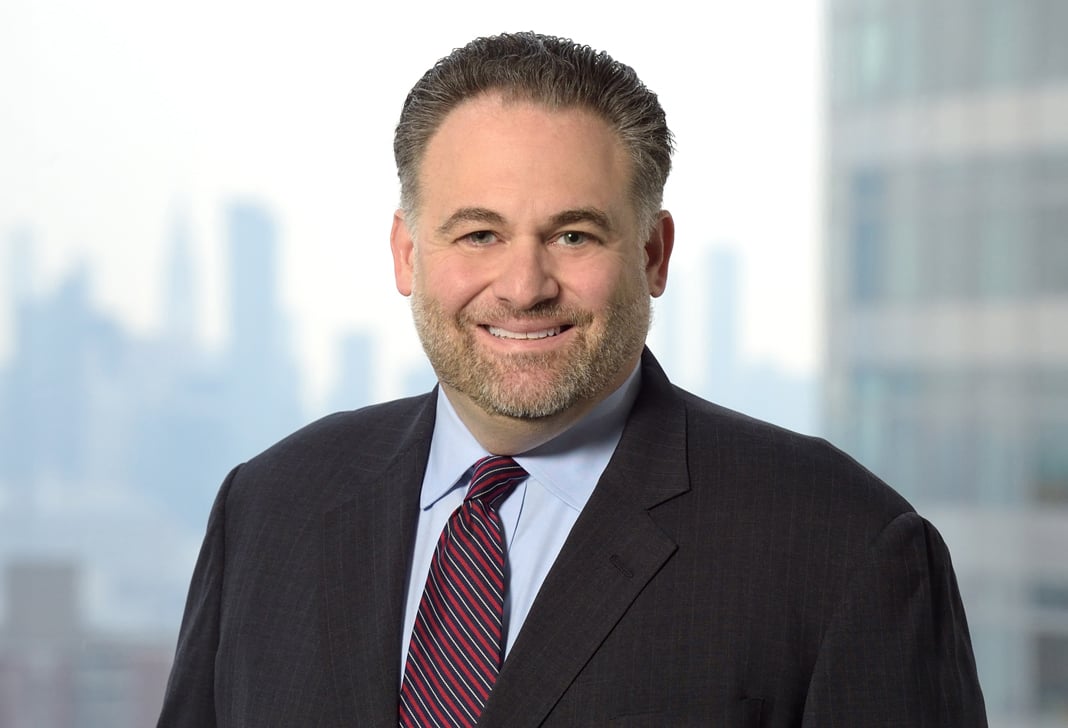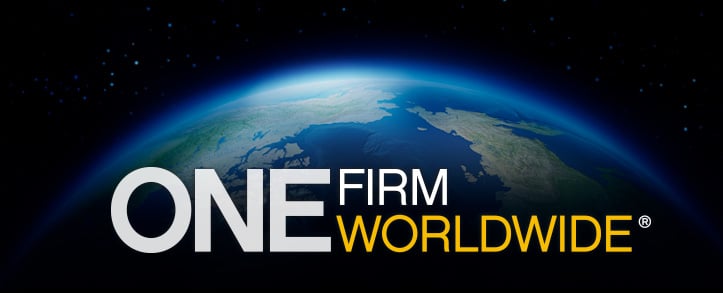
美国生物性产品价格竞争与创新法案(BPCIA)下的新起诉声称提议的依那西普( Enbrel®)生物仿制药侵犯了五项专利(英文版)
In the latest lawsuit under the Biologics Price Competition and Innovation Act ("BPCIA"), Immunex, Amgen, and Hoffman-La Roche filed a complaint on February 26, 2016, based on Sandoz's application for FDA approval to market a biosimilar version of the drug product Enbrel® (etanercept). The complaint alleges that Sandoz's proposed biosimilar will infringe five patents. According to The Wall Street Journal, U.S. sales of Enbrel® were $5.1 billion in 2015, so the stakes in this case are high.
Enacted in 2010, the BPCIA established "an abbreviated pathway for regulatory approval of follow-on biological products that are highly similar" to a previously approved biologic product. This process allows a biosimilar or interchangeable product to be approved using clinical data that was produced and obtained by the sponsor of the approved reference product ("reference product sponsor" or "RPS"). In exchange, the RPS is granted 12 years of regulatory exclusivity and "the right to file infringement suits based on a biosimilar application prior to FDA approval and prior to marketing of the biological product.''
Under what has come to be known as the BPCIA's "patent dance," an abbreviated Biologics License Application ("aBLA") filer provides the RPS with a copy of the aBLA and information about the product's manufacturing. The parties next exchange lists of patents they believe may be infringed by the biosimilar product. The RPS then has 30 days within which to file a patent infringement action on the listed patents.
In this latest case, Immunex, Amgen, and Hoffman-La Roche own or license five patents directed to etanercept, the active ingredient of Enbrel®. As explained in the complaint, tumor necrosis factor ("TNF") is a cell signaling protein that is involved in various biological effects, and overproduction of TNF in the body is implicated in various autoimmune diseases and other inflammatory disorders. Etanercept is a "non-naturally occurring fusion protein" that was "genetically engineered to fuse the extracellular region of the human p75 version of the TNF receptor with a portion of a human immunoglobulin heavy chain (i.e., a portion of a human antibody)." Etanercept "binds to and inhibits TNF from binding to a TNF receptor" and "can reduce certain inflammatory responses implicated in certain disorders." The FDA has approved Enbrel® for treatment of "rheumatoid arthritis, polyarticular juvenile idiopathic arthritis, psoriatic arthritis, ankylosing spondylitis, and plaque psoriasis." The five asserted patents are alleged to cover etanercept, its method of manufacture, certain materials used in its manufacture, and certain therapeutic uses of etanercept.
Procedurally, the FDA accepted Sandoz's aBLA for etanercept on September 29, 2015, but has not yet approved the application. The plaintiffs allege that: (i) Sandoz's filing of the aBLA was an act of infringement under 35 U.S.C. § 271(e)(2)(C) as provided under the BPCIA; and (ii) if the FDA eventually approves the aBLA, Sandoz's commercial marketing of the proposed biosimilar will constitute infringement under §§ 271(a), (b), or (g).
The complaint describes the kind of pre-filing procedural skirmishes that have been common in BPCIA disputes, and it raises the question of whether parties must carry out all phases of the "patent dance" where there is early agreement as to which patents are relevant to an infringement lawsuit. The complaint alleges that, shortly after its aBLA was accepted by the FDA, Sandoz provided Immunex with access to its aBLA and manufacturing information, albeit with additional confidentiality designations and in a manner difficult to access. In response, Immunex provided, under 42 U.S.C. § 262(3)(A), "a list of patents for which a claim of infringement could be reasonably asserted based on [Sandoz's] etanercept product." Sandoz agreed to Immunex's patent list and provided contentions under § 262(l)(3)(B).
At this point, plaintiffs allege, Sandoz refused to participate in the patent resolution negotiation portion of the "patent dance" set forth in § 262(l)(4), and by extension § 262(l)(5), which provides a procedure for failed negotiations under § 262(l)(4). The plaintiffs state that Sandoz's alleged refusal to negotiate the (seemingly agreed) patent list "extinguish[ed] Immunex's ability to consider and respond to Sandoz regarding the patents that Immunex had properly identified." Accordingly, the plaintiffs contend, under § 262(l)(9), that the plaintiffs are entitled to bring a declaratory judgment action relating to Sandoz's aBLA, but Sandoz is precluded from doing so.
Of interest, Sandoz earlier filed a declaratory judgment action seeking to invalidate two of the five patents asserted in this case. Sandoz had filed that action before submitting its biosimilar application to the FDA. The district court dismissed Sandoz's declaratory judgment claim as premature before the filing of any aBLA with the FDA, and the Federal Circuit affirmed, "concluding that Sandoz did not allege an injury of such immediacy and reality to create subject matter jurisdiction."
Also, interestingly, one of the asserted patents in this case is the subject of a pending petition for inter partes review ("IPR") filed by Kyle Bass, Erich Spangenberg, and the Coalition for Affordable Drugs. The parties have completed their initial submissions in that IPR, and the Patent Trial and Appeal Board is expected to issue a decision whether or not to institute the IPR shortly.
The current district court case is pending in the Newark division in the District of New Jersey (Civil Action No. 16-cv-01118) and has been assigned to Judge Claire C. Cecchi and Magistrate Judge James B. Clark. Judge Cecchi is one of the designated Patent Pilot Program judges in the District of New Jersey. Congress established the Patent Pilot Program in 2011 to "encourage enhancement of expertise" in patent cases among district judges. The program directs patent cases to specific judges who volunteer to become "pilot judges."
Lawyer Contacts
For further information, please contact your principal Firm representative or one of the lawyers listed below. General email messages may be sent using our "Contact Us" form, which can be found at www.jonesday.com/contactus/.
Matthew J. Hertko
Chicago
+1.312.269.1581
mhertko@jonesday.com
Timothy J. Heverin
Chicago
+1.312.269.4087
tjheverin@jonesday.com
Gasper J. LaRosa
New York
+1.212.326.7885
gjlarosa@jonesday.com
John A. Marlott
New York
+1.312.269.4236
jamarlott@jonesday.com
Jones Day publications should not be construed as legal advice on any specific facts or circumstances. The contents are intended for general information purposes only and may not be quoted or referred to in any other publication or proceeding without the prior written consent of the Firm, to be given or withheld at our discretion. To request reprint permission for any of our publications, please use our "Contact Us" form, which can be found on our website at www.jonesday.com. The mailing of this publication is not intended to create, and receipt of it does not constitute, an attorney-client relationship. The views set forth herein are the personal views of the authors and do not necessarily reflect those of the Firm.





